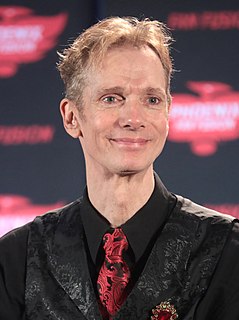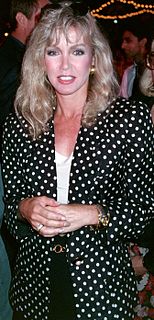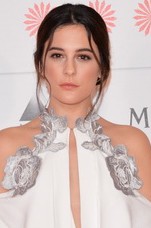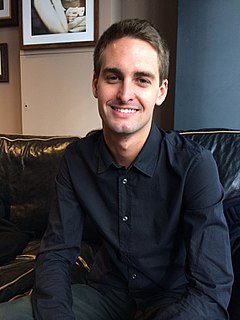A Quote by Geoffrey Rush
A huge part of what we do as actors is learning to ignore the camera, as if it's not even there, while simultaneously being very aware of the camera and what it's capturing, because you can give the best performance of your life, but if you do it with the back of your head facing the camera, it's going to get cut from the movie.
Related Quotes
I've always thought that when anyone receives an award for acting they should always thank their fellow actors, because the only way you're going to deliver your best performance is when you have other good actors on the set supporting you and being very present for you even when the camera is not on them.
Film, television, and working with a camera is such an intimate art form that if a camera is right on you, and I've got your face filling the screen, you have to be real. If you do anything that is fake, you're not going to get away with it, because the camera is right there, and the story is being told in a very real way.
When you are interviewing someone, never let your camera person turn off the camera. The second you turn off the camera, they'll say the magic thing that you'd been looking for the whole interview. People want to relax after the performance is done. Don't be afraid of awkward silence. That is your friend.
The camera course was a bit crap. But when I was in drama school, I wasn't interested. I wanted to be a stage actress. I was not interested in learning camera craft. But then you throw yourself in the deep end when you do get a job in front of the camera because you have absolutely no idea what you're doing, and it is a skill.



































